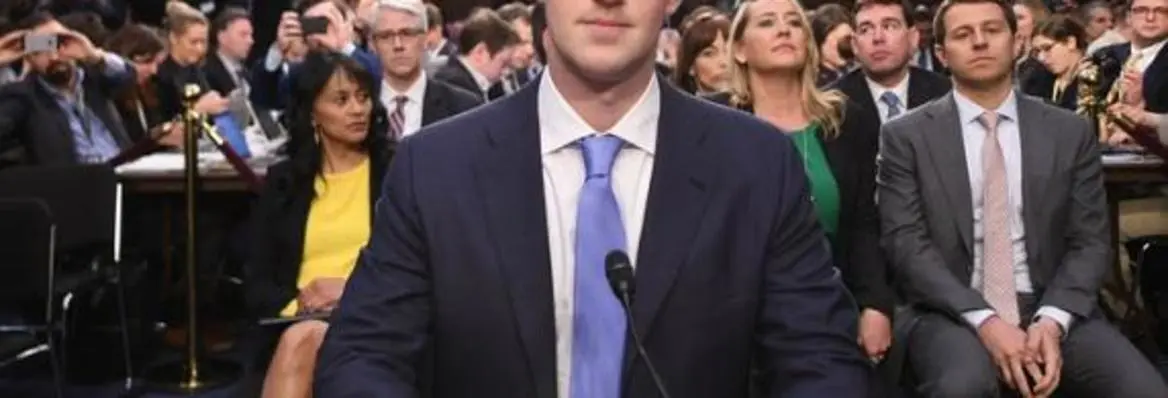You’ve witnessed the recent brouhaha about Facebook selling your life to advertisers and, especially, if indirectly, to Cambridge Analytica. (Can the University or the City of Cambridge sue for damages for the misuse of their name? I wish they would.)
Is it a problem? No, not especially. What should we do about it? Nothing.
It is indeed a problem when a company, or the state, fools people by telling them they are being taken care of when they are not. Free exchange among informed adults benefits both sides, and practically everyone else. But if the exchange is fraudulent, it does not. “Not to worry,” says Facebook, “We have your privacy for social chitchat in mind, and would never abuse it.” “Not to worry,” says the state, “We have your entire privacy, income, safety, right to vote, education, health, legal justice, protection from knife attacks, and freedom in mind, and would never abuse them.” In Facebook’s case, if the fooling becomes egregious, and is publicized through a free press, or private suits before a court, and if Facebook is not protected by the state in a cozy monopoly, the buyer of chitchat goes to a competitor, or ceases chitchatting. In the state’s case, by contrast, she gets to vote, occasionally, on a collection of important issues, one of which may be the abuse. Mostly not. Perhaps she can move to France.
The Romans said Caviat emptor, “Buyer beware.” In most of our buying and selling the actual or potential entry of competitors keeps us safe, or safe enough for free and dignified adults to tolerate. We are not children, or idiotic adults. With such freedoms from supervision as maturity provides there comes also a responsibility to be wary and to react. If a buyer finds the pancakes served up at the Wretched Pancake Restaurant to be wretched, as its reputation and name announces, she doesn’t dine there any more—if she can find another place to get the pancakes she craves. And she can find another if the state has let pancake restaurants flourish.
Entry, actual or potential, does it. As John Stuart Mill put it in On Liberty in 1849, “society admits no right, either legal or moral, in the disappointed competitors to immunity from . . . suffering [from successful competition]; and feels called on to interfere only when means of success have been employed which it is contrary to the general interest to permit—namely, fraud or treachery, and force.” Force is slavery, the denial of the right to say no. What might enslave us to the Wretched Pancake Restaurant would be lack of entry, such as the lack that Mayor Sadiq Khan has enforced by siding with the black cabs in London against the entry of people with private automobiles made massively useful by an app from Uber.
No one has an incentive to take proper care if she thinks that a powerful state will in any case keep her safe. The state is the Mum. Economists use the strange phrase “moral hazard” to describe the outcome of depending on Mum. If the customer’s not bothering to look closely at the pages and pages, and clicks and clicks, of Facebook’s privacy policy has no bad consequences—because the customer can rest assured that Mum-the-state will do the assuring—the customer won’t bother to read and consider. If the state guarantees a farmer an income for his crop, he has less incentive to self-ensure. My great uncle Oliver in Illinois used to say that he farmed the Federal crop insurance, not so much the land.





















Join the conversation